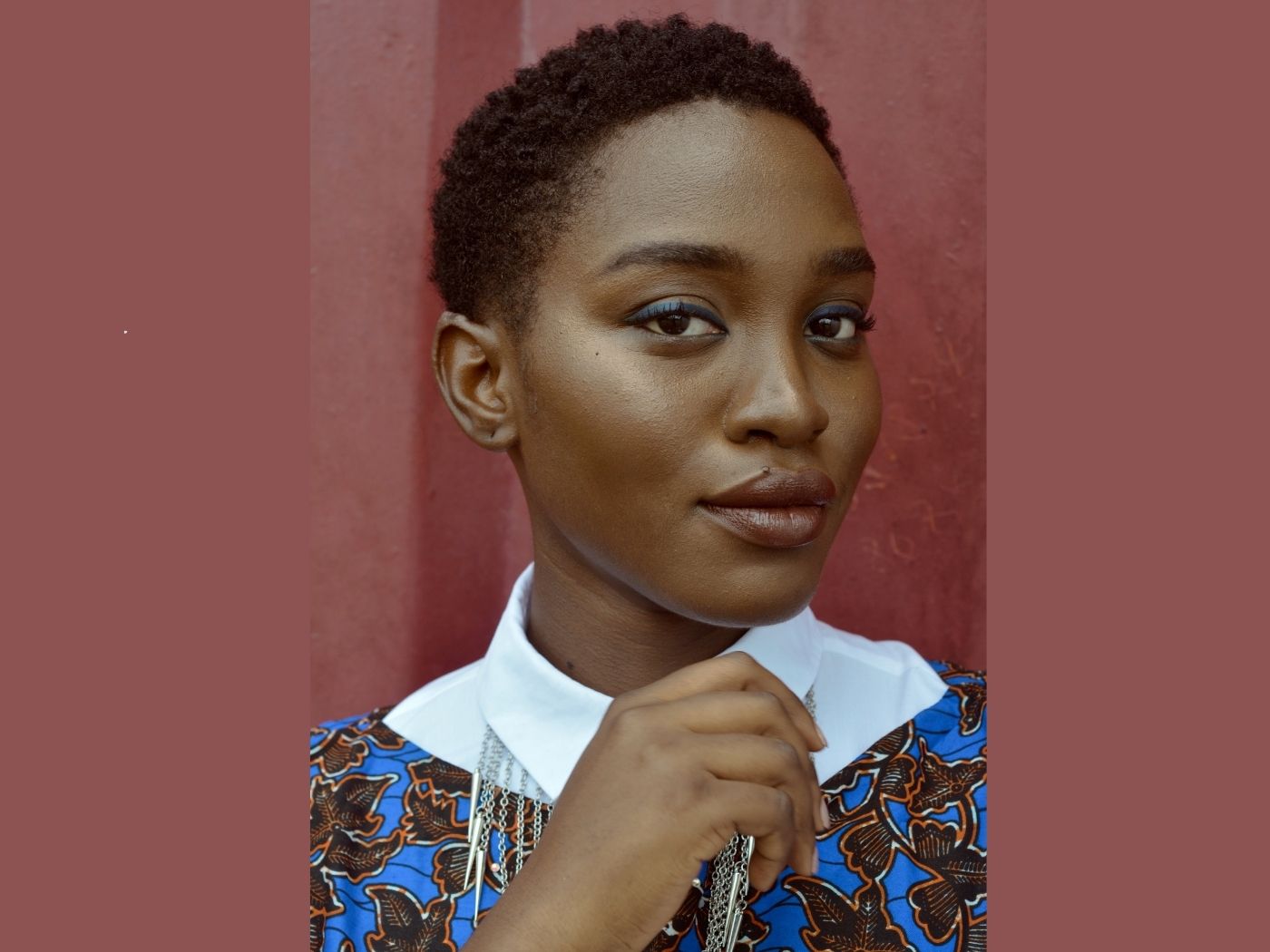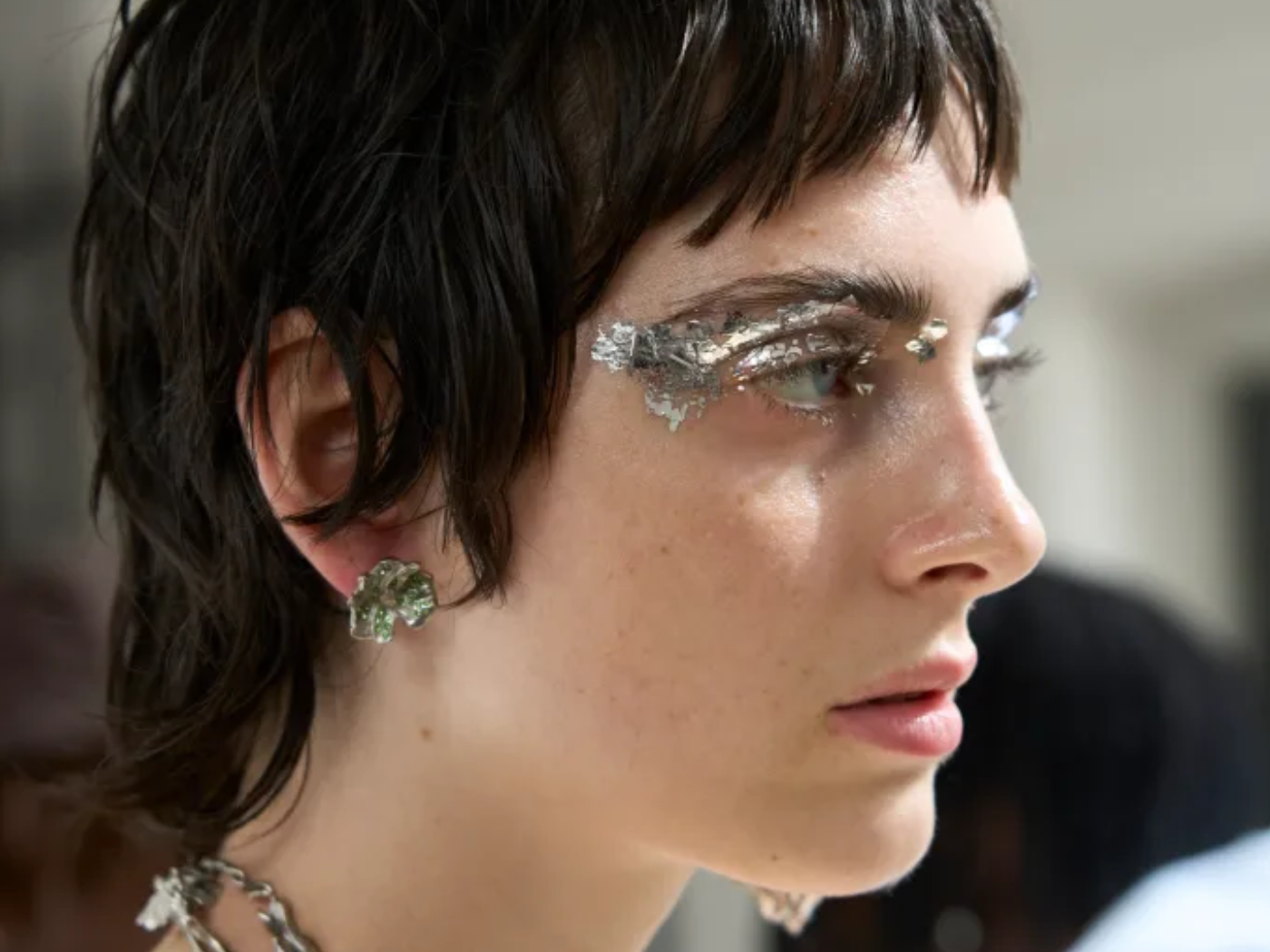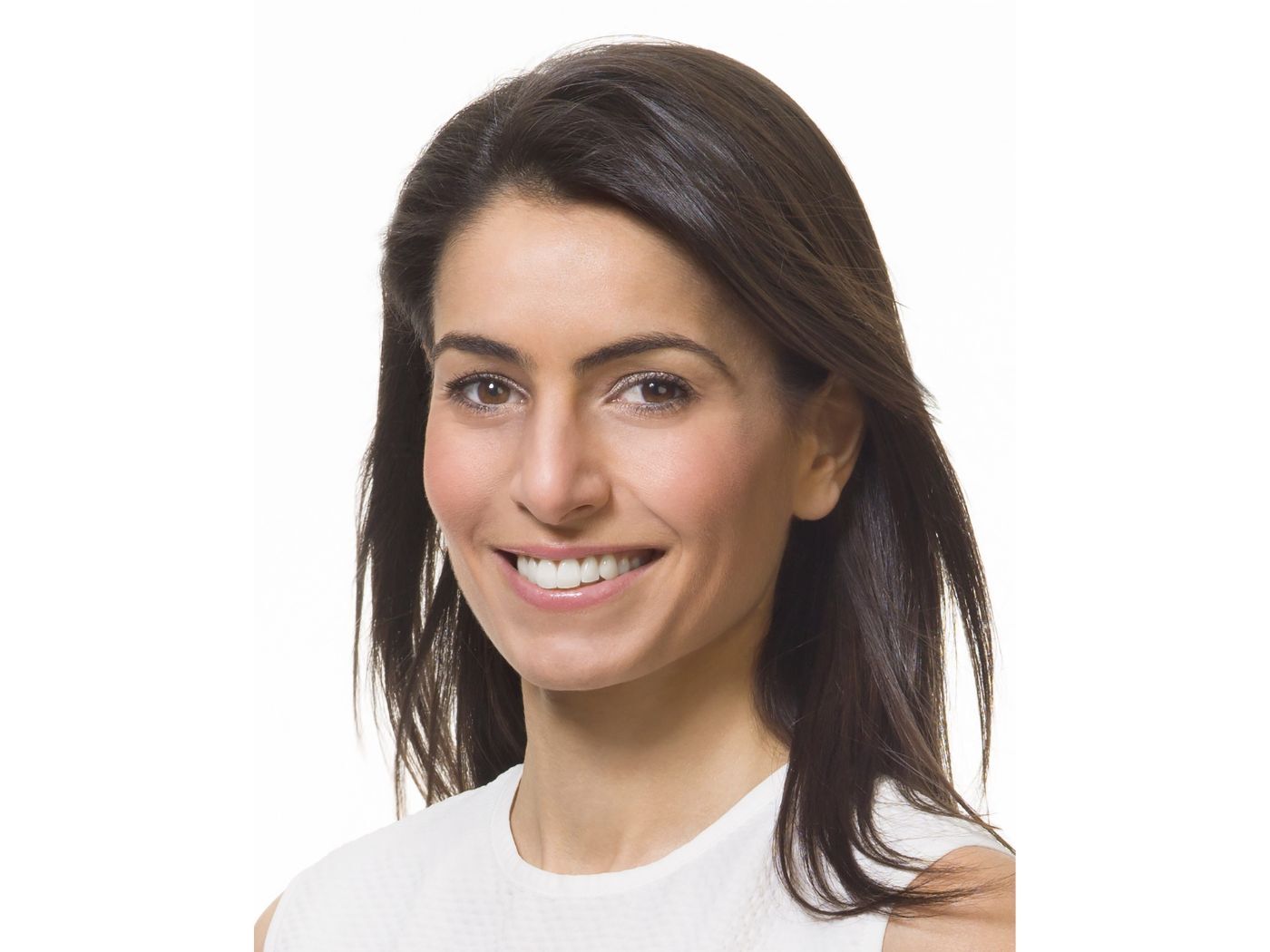Across industries, Black women are the fastest-growing group of entrepreneurs—and their impact is changing the beauty industry. Consider game changers like Fenty Beauty, Pattern Beauty, and Beauty Bakerie, to name a few. And yet, businesses founded by Black women receive less than 1% of total venture capital funding. It’s a dismal disparity that inspired the Fearless Fund, an Atlanta venture capital fund that invests in businesses led by women of color. Since its inception in 2018, it has funneled $26 million into investments and disbursed $3 million in grants to support approximately 40 women of color-led businesses—including buzzed-about beauty brands such as Thirteen Lune, Live Tinted, Oui the People, The Lip Bar, Range Beauty, and Bread.
Now, the Fearless Fund is in a high-stakes legal fight with American Alliance For Equal Rights, a nonprofit organization founded by right-wing activist Edward Blum. Blum, known for his involvement in high-profile cases related to affirmative action and voting rights, scored a victory at the Supreme Court this summer with his lawsuit challenging the use of race in college admissions. His new federal court case against the Fearless Fund alleges that the group’s investment practices discriminate against white-owned businesses. The lawsuit contends that the fund’s Fearless Strivers Grant Initiative, which awards $20,000 to Black women, constitutes racial discrimination, and violates federal anti-discrimination laws.
This legal showdown raises fundamental questions about diversity, equity, and inclusion in an industry where representation and empowerment have long been central themes—at a moment when investment in Black entrepreneurs has decreased 45% from 2021 to 2022. “This organization is perverting the idea of ‘fairness’ by negating the data – which points to the unquestionable need for a level playing field,” said Karen Chambers, a senior business strategist, member of CEW Board of Governors, and the newest Chair of the Diversity, Equity & Inclusion Taskforce. “Their false narrative attempts to uphold an existing financial hierarchy that keeps minority businesses underfunded and unsupported.”
For some Black women, Blum’s lawsuit symbolizes the hurdles (and, in some cases, hostility) they face as entrepreneurs. “It’s unfortunate that the Fearless Fund has to deal with this sort of lawsuit while trying to bridge the gap in funding inequality for Black women,” says Julian Addo, the founder and CEO of Adwoa Beauty. Addo describes her own entrepreneurial journey as “fortunate,” as Adwoa Beauty attracted interest from several potential investors before $4 million in seed funding from Pendulum Holdings last year.
Still, she’s well aware that most entrepreneurs of color are largely overlooked by venture capitalists. “I came into my business and moved through the world with a certain amount of naiveté,” Addo says. “We all wish that everyone could just throw their hand in the pot and may the best man (or woman) win, but from my own experiences, I know that that is not true. … I think if you really understood these statistics and the facts women of color are up against, you probably wouldn’t embark on a journey like this.”
For Nancy Twine, the founder and CEO of Briogeo Hair Care, Blum’s case seems strategic and “intentional;” she points out how its timing follows years of national efforts to achieve racial equity through DE&I programs, grants, mentorship programs, and a systematic, nationwide attempt to embrace people of color. “Even though I knew it was going to take time to really get to the place where we needed to be, I felt like 2020 was a big catalyst for change,” she says. “You started to see glimmers of hope in so many areas, from new funding mandates to retailers like Sephora and Ulta launching programs to help Black founders get retail-ready.”
Twine believes that the case is designed to pull back the gains of the last few years. “It’s really scary to know that someone would put themselves on the line in such a public way to tear down something that’s meant to do good,” she says. “In my opinion, it’s very evil and scary that there are people out there that literally want to eliminate the little bit of progress that we were able to make over the past two years.”
And the beauty industry is taking visible steps toward embracing diversity and working toward equity. Industry giants such as L’Oréal Groupe and Unilever have implemented DE&I initiatives at the corporate level, while retailers such as Sephora, Bluemercury, and Ulta are committed to the Fifteen Percent Pledge, which dedicates at least 15% of retail space to Black-owned brands. Far from being race-based handouts, Twine says, these programs are merit-based and rigorous. “These are focused funds that are meant to find the best, the brightest, the most high-potential entrepreneurs and business ideas to give them needed funding that will help them propel forward just like any other entrepreneur that’s getting funding,” she says. “Any sort of notion that money is just being handed out to certain groups and not others—that’s not what it’s about at all.”
Whether courts will share this viewpoint remains to be seen. If the law sides with Blum and his nonprofit, the judgment will likely have repercussions beyond funding and grants. Much as universities and colleges are scrambling to adjust their admissions policies to avoid inquiries about race, beauty companies may have to adapt “race-blind” policies to stay within the confines of the law. Even if Blum’s suit fails, its existence may scare some decision makers into avoiding DE&I efforts.
But, says Chambers, the suit may also remind businesses that the work of DE&I isn’t over. “The George Floyd tragedy and the Black Lives Matter movement lit a flame of social justice, but this situation reminds all of us why we can’t rest on our laurels,” she says. “There is opposition to progress around every corner. Hopefully, organizations that have instituted DEI policies and programs will recognize that it takes a committed village to continue fighting the good fight in the long game of social change.” Chambers says the motivation behind targeting the Fearless Fund is obvious. “At every stage in history, movements that aim for progress and equity have been met with fierce opposition by those who have a vested interest in maintaining a status quo of power and dominance,” she says.




